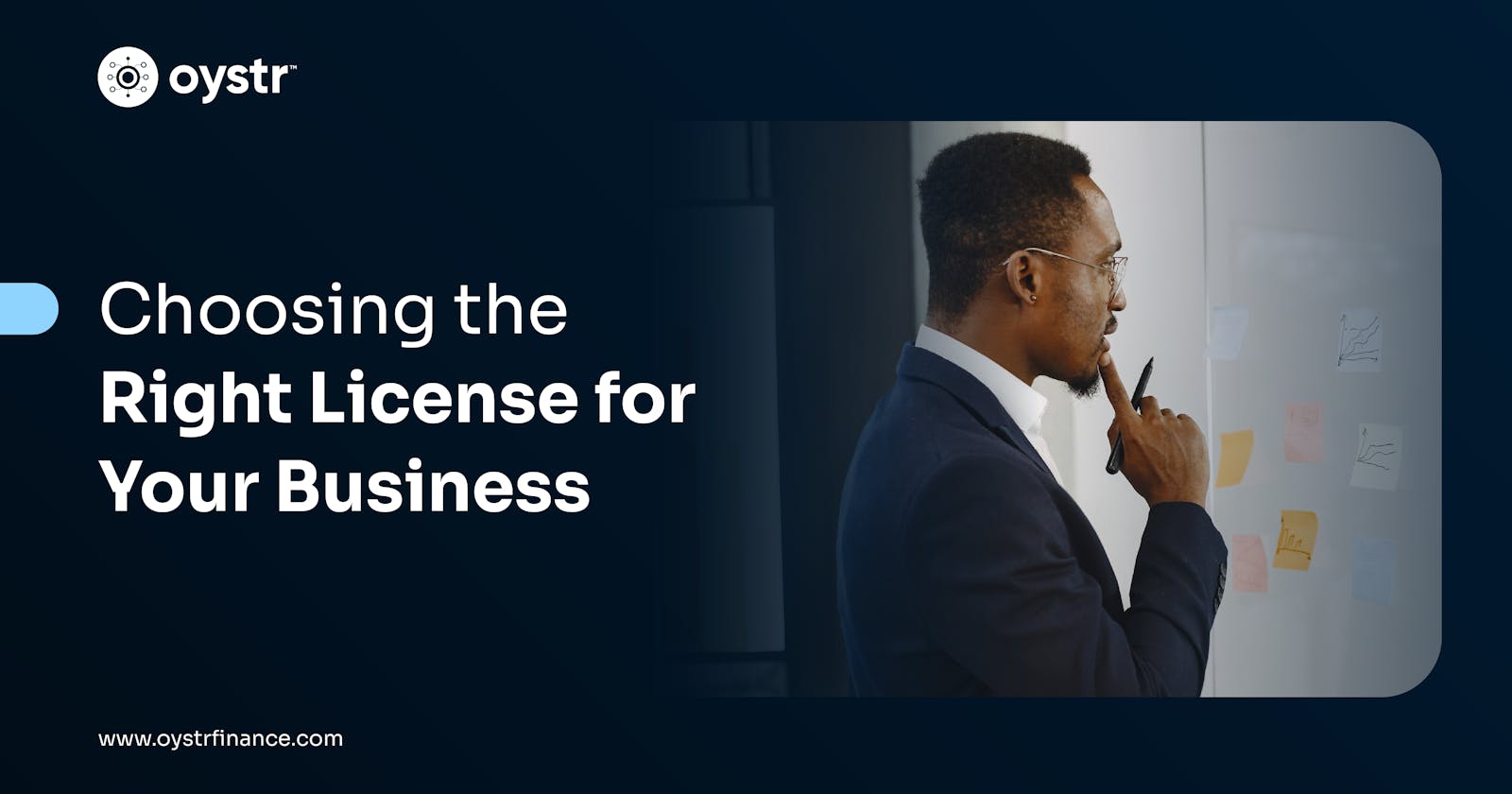Lending has probably been around since ages, choosing the right license for a business is a vital issue that needs to be addressed. While informal lending between friends, families and cooperative groups is still widely functional, the more formal lending organizations have to be regulated by the government.
To own and operate a lending business in Nigeria, you need a license. However, knowing what license is right for you could be a little difficult. This means it’s just as important for you to understand which license best represents your business’ needs .
We will outline a number of licensing options available for any prospective lenders, including what each can do, or cannot do:
Moneylenders (ML) license
A moneylenders license is issued by the state and it authorizes an individual or company to carry on the business of money lending in the issuing state. In Lagos state, this process is regulated by the Moneylenders Law of Lagos State.
The law defines a money lender as “any person who lends money at interest or who lends a sum of money in consideration of a larger sum being repaid shall be presumed to be a moneylender until the contrary can be proved”.
What can you do with a moneylenders license?
The name implies the entire purpose of this license. You are free to lend with this license as long as it is in compliance with the stipulations of the moneylenders law of the state in which your business is registered.
What can’t you do with a moneylenders license?
Given that the sole purpose of this license is to lend, you are not permitted to accept deposits or provide other advanced financial services. If you wish to do so, you can register as a microfinance bank and apply for the license to operate as a microfinance bank.
If all you’re looking to do is give out loans without any other financial facilities, this is the license for you and you can read more about how to obtain a moneylenders license in Nigeria.
Who is permitted to lend without a moneylenders license?
Certain organizations are exempted under the Moneylenders law, to give out loans without having to apply for a moneylenders’ license to do so.
Specifically, registered cooperatives, in accordance with the Nigerian Co-operative Societies Act are permitted to lend without further licensing. This exemption also extends to licensed pawnbrokers, provided the loans are made in accordance with the provisions of the Pawnbrokers Law and do not exceed the sum of forty thousand naira.
Additionally, through special enactment, some organizations may also be allowed to give out loans without a moneylenders license. Banks and insurance companies are also exempted under the moneylenders law and allowed to give loans without further licensing required. Although their primary business is not that of money lending, the law recognizes they may need to do so in the execution of their business.
Microfinance Bank (MFB) License
MFBs are financial institutions that provide financial services to micro, small and medium enterprises (MSMEs). MFBs are designated by the Central Bank of Nigeria (CBN) as a bank for the unbanked and they tend to operate in rural areas with higher numbers of the unbanked. MFB licenses are issued by the CBN.
There are four categories of MFBs as contained in the Guidelines for the Regulation and Supervision of Microfinance Banks:
Tier 1 Unit MFB
This category has urban authorization and can operate in banked and high-density areas. Tier 1 Unite MFBs can open up to four branches outside their head office in not more than five Local Government Areas (LGA).
Tier 2 Unit MFB
This category has rural authorization and can operate only in rural, unbanked or underbanked locations. Tier 2 Unit MFBs are only allowed one branch outside of their head office; both in the same LGA.
State MFB
State MFBs are permitted to operate in one state with not more than two branches in one LGA unless they already have at least one branch or cash center in every LGA of the state.
National MFB
This category is permitted to operate in more than one state in the country but with not more than ten branches as a newly licensed National MFB.
What can you do with an MFB license?
MFBs are authorized to accept deposits and offer financial services and products such as savings, credit and other ancillary facilities for the lower income economic participants.
What can’t you do with an MFB license?
MFBs are not allowed to conduct international or foreign currency transactions.
Categories:
Tier 1 Unit MFB: Urban focus, operates in high-density areas, up to 4 branches. Tier 2 Unit MFB: Rural focus, limited to one branch outside HQ.
State MFB: Operates within one state, up to 2 branches per LGA with exceptions. National MFB: Operates in multiple states, up to 10 branches initially.
Conclusion:
Understanding the licenses available is crucial for establishing a thriving lending business in Nigeria. Carefully assess your business goals and desired functionalities to choose the license that best empowers your success.

